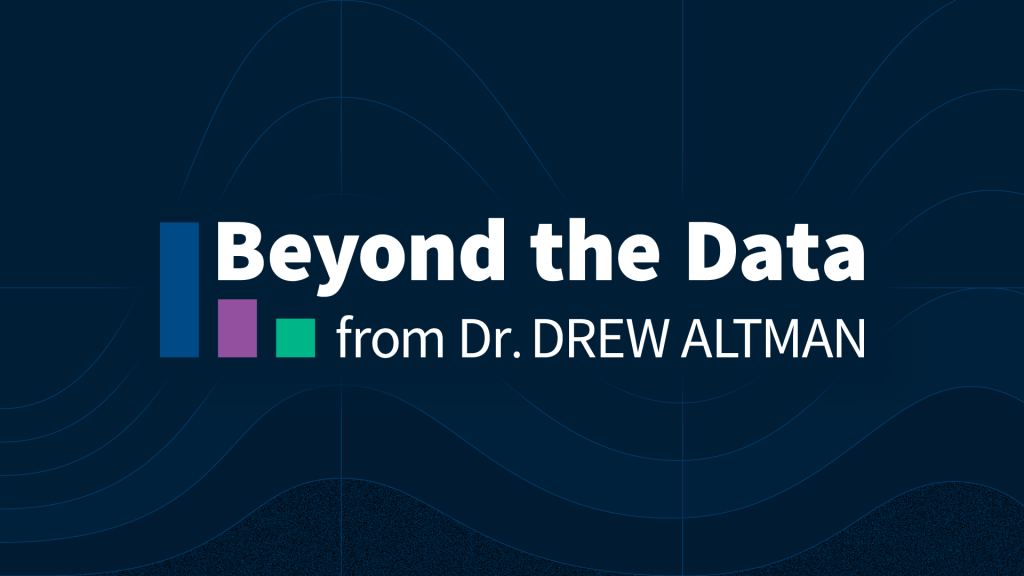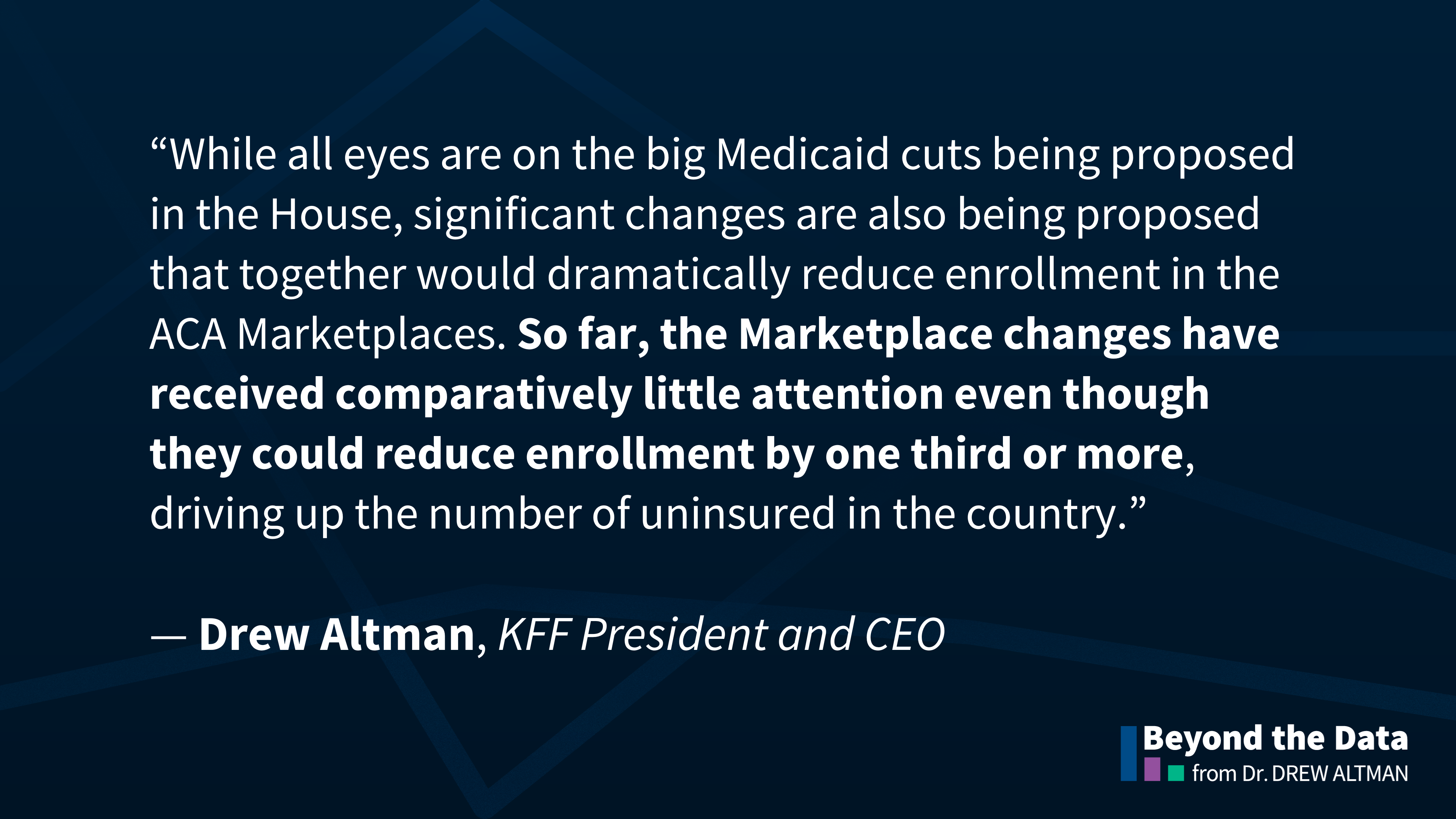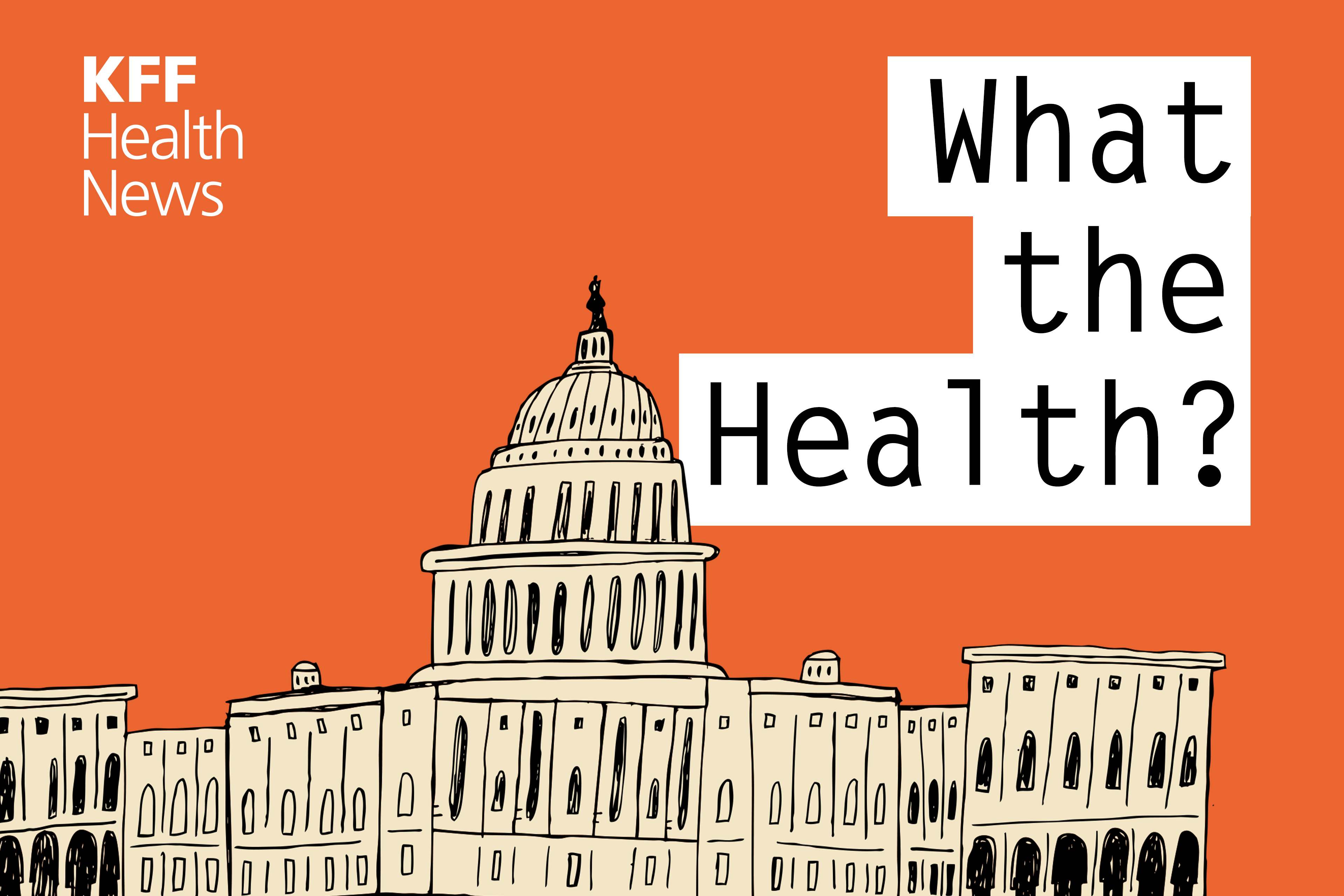Most Say They Can Afford Their Prescription Drugs, But One in Four Say Paying is Difficult, Including More Than Four in Ten People Who are Sick
Large Bipartisan Majorities Support Range of Policy Changes They Believe Would Curb Drug Costs Opinion on the Affordable Care Act Remains Largely Unchanged In August About half of Americans (54%) report currently taking a prescription drug, and a large majority of them (72%) say their prescriptions are very or somewhat easy to afford.






